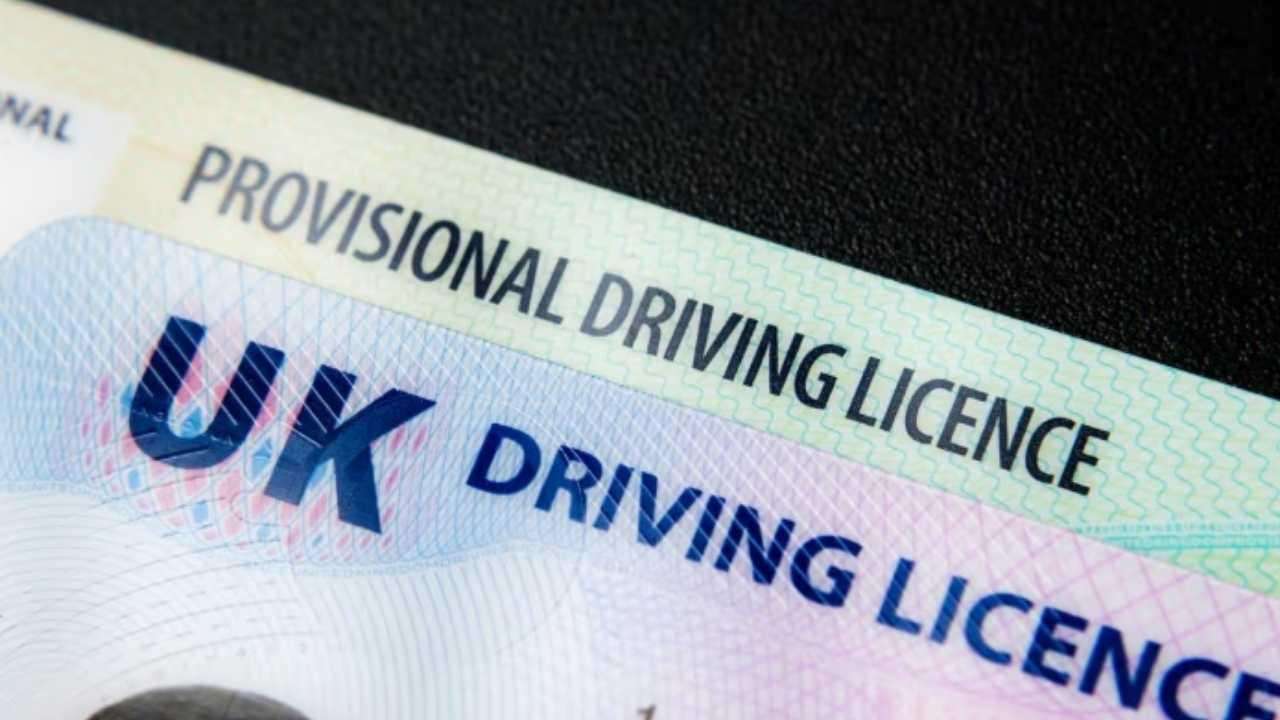Britain in Decline: A State in Denial
This past week has starkly highlighted the deepening dysfunction of the British state. From mishandling grooming gang investigations and the spiralling costs of the HS2 rail project to security breaches at RAF bases, the government appears not just incompetent but detached—choosing to ignore obvious problems rather than confront them.
These failures stem from various sources, but all point to a deeper malaise: a governing system unable—or unwilling—to respond to mounting crises. Whether it’s unchecked migration, rising benefit spending, or increasing criminality, the state seems paralyzed by fear of public backlash, internal bias, or ideological rigidity.
A Voter Revolt
Recent electoral volatility—swinging from one party to another—is less about party loyalty eroding and more a desperate attempt by the public to force change. But even after repeated warnings, Westminster remains trapped in outdated narratives and groupthink, unwilling to accept hard truths—especially those involving immigration, crime, and national identity.
Baroness Casey’s report on grooming gangs reaffirmed long-known facts: authorities repeatedly failed victims, often for fear of upsetting racial or cultural sensitivities. The government avoided confronting the role of foreign nationals and asylum seekers in ongoing abuse, preferring silence over uncomfortable truths. Official data is often withheld, making it hard for the public to grasp the real scope of problems tied to immigration.
HS2 and the Cost of Stubbornness
The HS2 rail project exemplifies Britain’s inability to change course, even when evidence demands it. Originally planned to connect London to major cities at a cost of £53 billion (adjusted), its budget has ballooned past £120 billion. Even after slashing the route, the cost remains sky-high. The government pressed ahead despite warnings, with accountability and oversight clearly lacking.
Systemic Collapse
The signs of failure extend far beyond transport or policing. NHS productivity has declined despite funding increases and staffing growth. Welfare spending is bloated but ineffective. Shoplifting and crime are rampant. The justice system releases prisoners due to overcrowding, while obsessing over “hate speech” and online comments.
Wages have stagnated, housing is unaffordable, and many feel the government no longer serves the public’s basic needs. Unlike the visible collapse of failed states like Somalia, Britain’s decline is more insidious—marked by bureaucratic inertia and elite insulation.
The Rise of the “Blob”
Former Downing Street adviser Dominic Cummings refers to Britain’s entrenched elite as the “Blob”—a self-replicating system of like-minded, privileged individuals in politics, media, and civil service who resist disruption. These elites, often Oxbridge-educated and socially liberal, are out of step with the broader public, especially on issues like crime, migration, and national identity.
Even when electoral outcomes signal discontent—such as repeated votes for migration control—those in power either ignore the message or actively undermine it. Boris Johnson’s expansion of net migration after promising the opposite is a case in point.
The result is governance driven by status preservation, not service. Compassion becomes pathological when it excuses failure or cruelty—like letting abuse continue to protect political narratives.
A Crisis of Competence
The public sees a political class full of ambition but lacking ability. Grand promises are routinely broken, deepening cynicism. Scandals like HS2 or the grooming gang cover-ups lead many to suspect incompetence, or even corruption. There’s little faith left that either major party will act meaningfully.
Nigel Farage argues that Britain’s problems stem from a political class more interested in titles than solutions—lacking real-world experience or courage. Without radical reform across every sector of public life, he warns, Britain is headed toward a political explosion.
Signs of Revolt
A graffiti image of “Saint Luigi,” a murder suspect hailed by disaffected Americans as a folk hero, symbolizes a broader societal rot: elites so despised that vigilantes are glorified. In Britain, political unrest is mostly confined to ballots—so far. But last year’s riots and warnings from police and academics suggest deeper tensions are brewing.
One former officer voiced concerns about what happens if officers refuse to police riots, or worse—take sides. The very stability of law enforcement, and the rule of law, could be at risk if faith in state protection collapses.
Final Chance for Change
The economist Adam Smith once noted that there’s “a great deal of ruin in a nation”—but Britain appears to be testing the limits. As politics shifts from policy disagreements to existential questions about national identity and social cohesion, the stakes rise dramatically.
Unless Westminster listens and acts swiftly, Britain may soon face more than just another election—it may face a reckoning. Whether that takes the form of a Farage-led government or something far more disruptive, depends on what happens next.
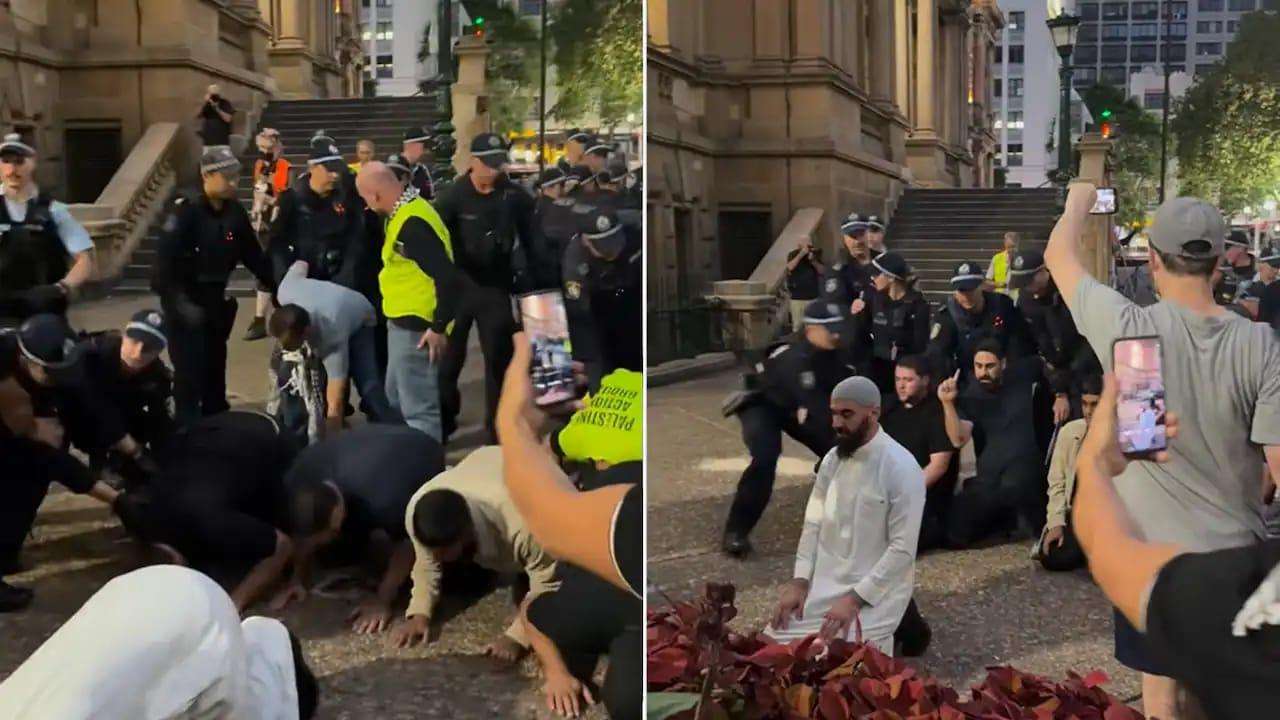
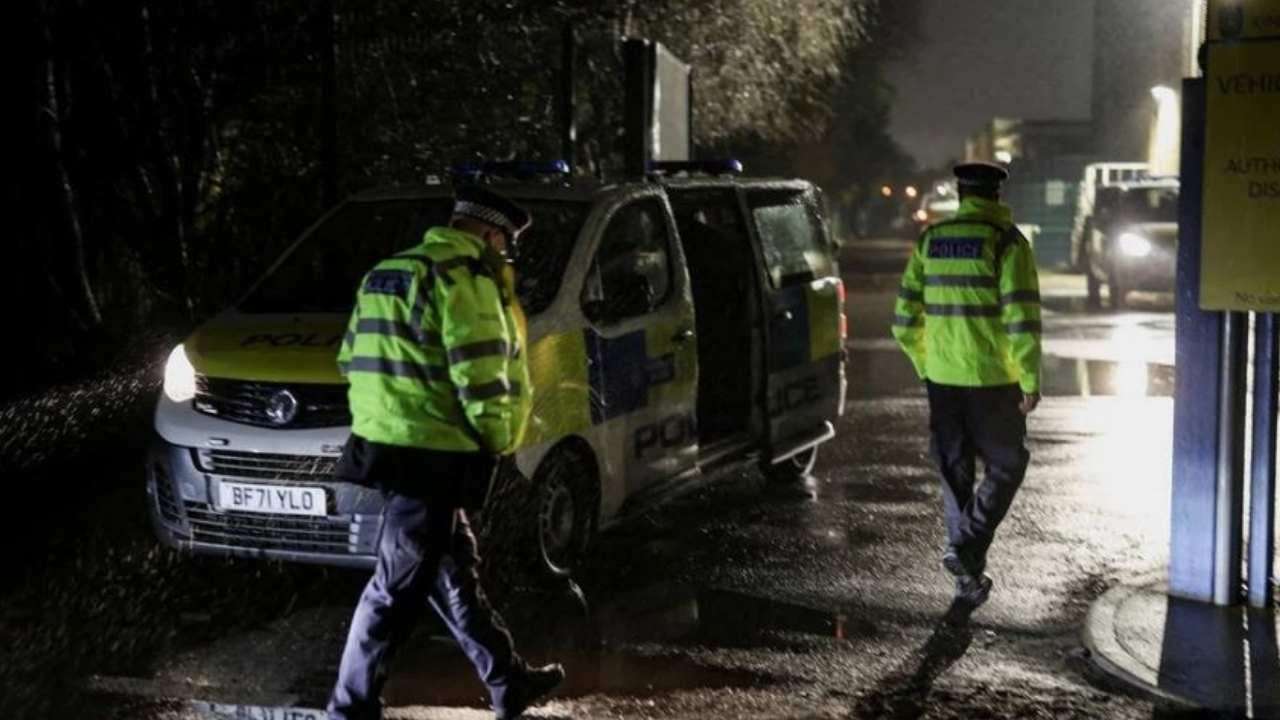





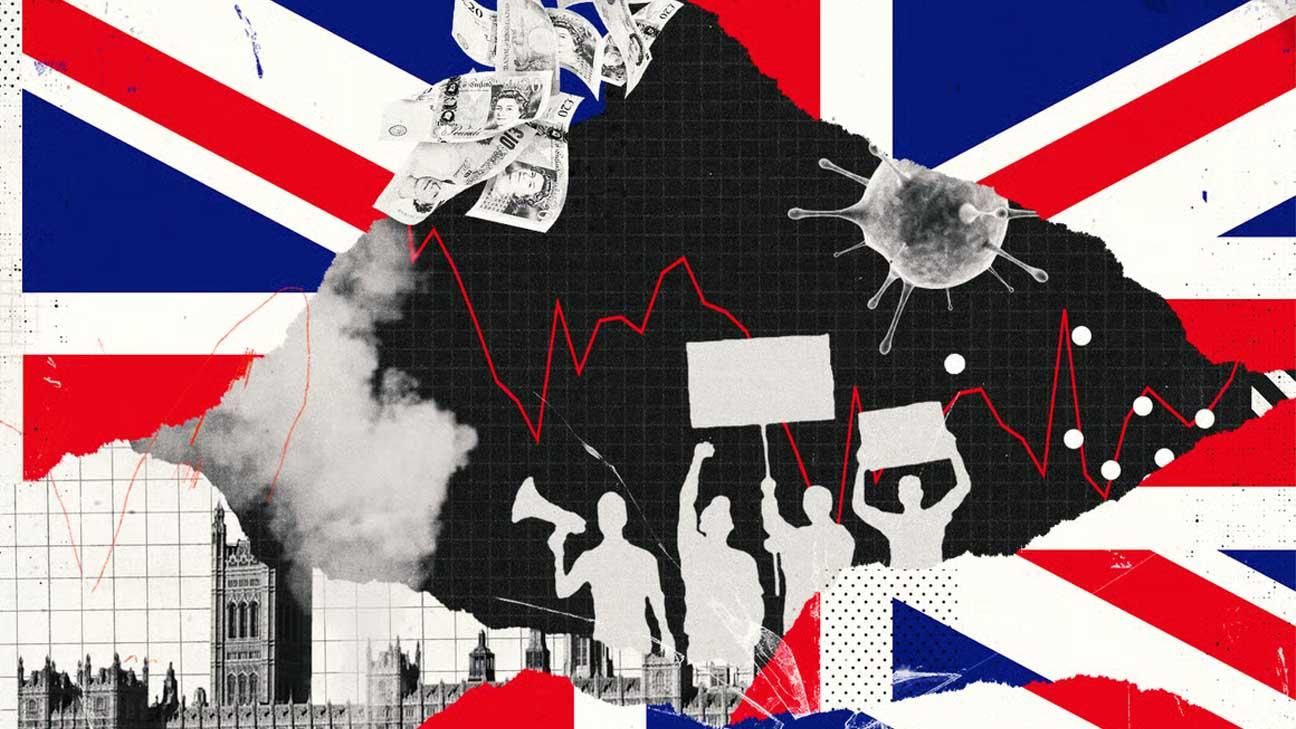
.svg)

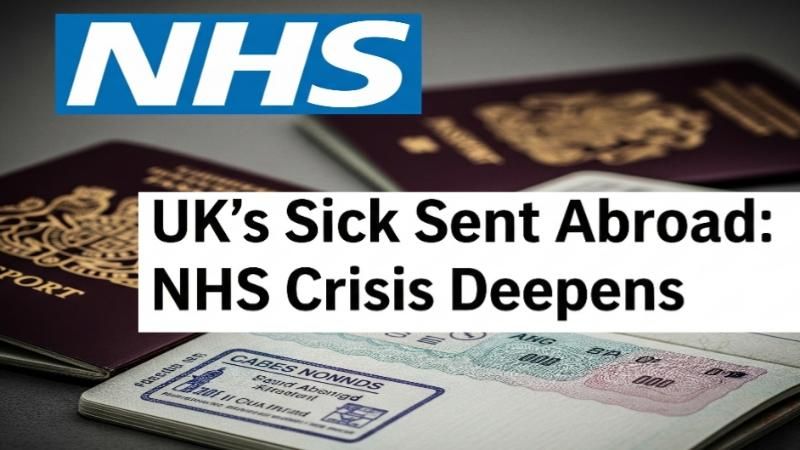

.jpg)
